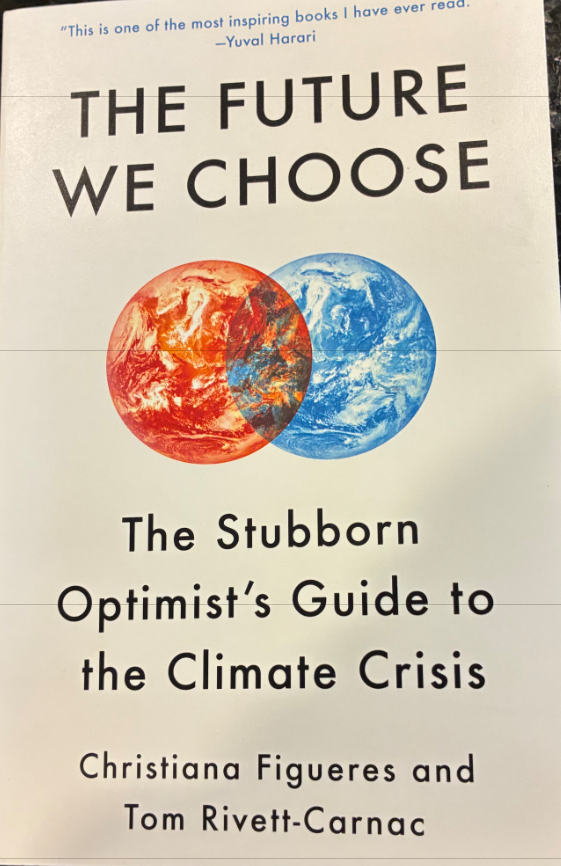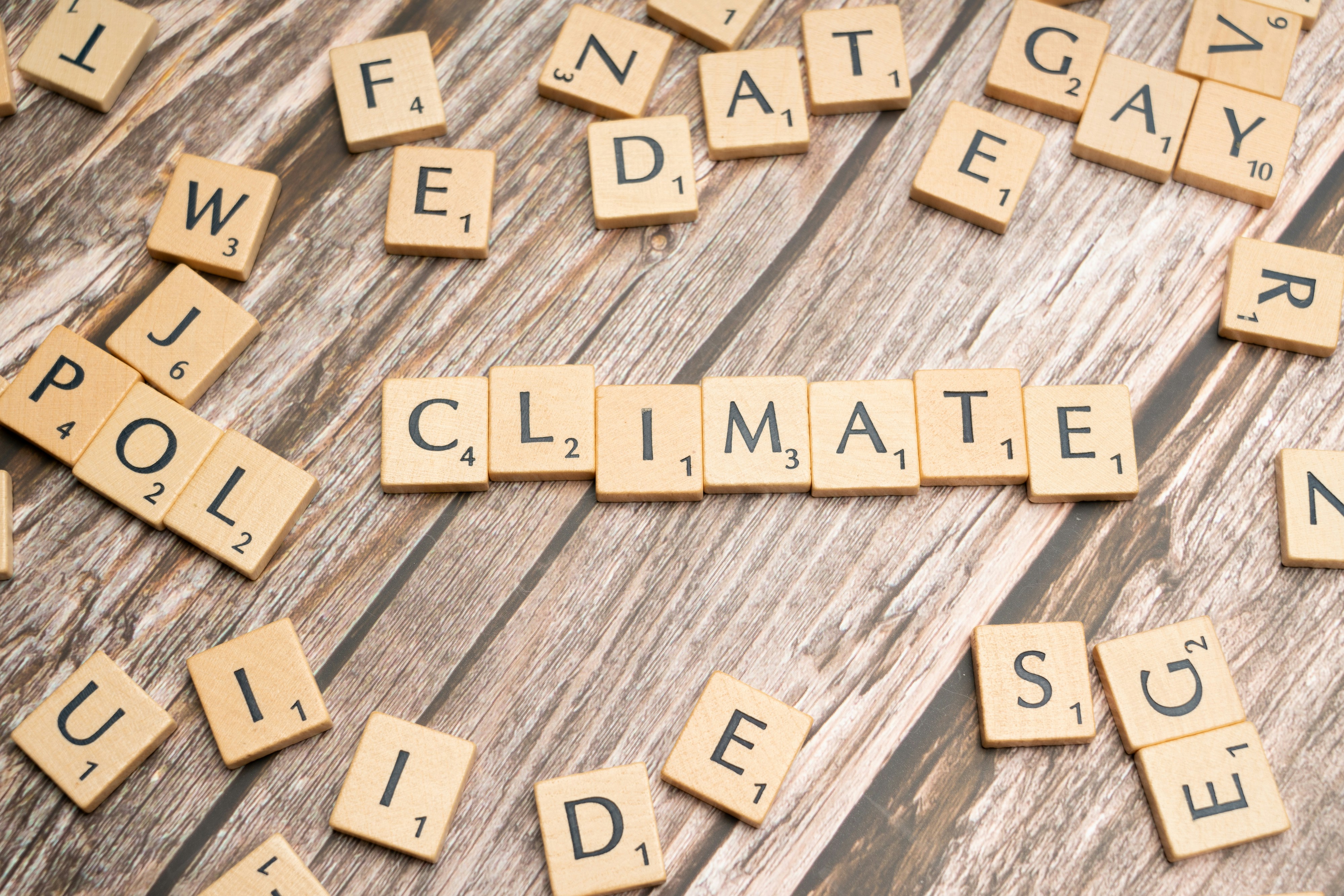Commentary
Youths believe more environmental stewards are needed

Editor’s note: This is one in a continuing series of guest opinions about fostering environmental stewardship. The current columns focus on the perspectives of Youth Corps members and other young people about the future and the importance of stewardship. The series is coordinated by ACES, the Alliance of Climate and Environmental Stewards.
Sam Cooper, Newburyport High School senior
It’s 2016 and a nor’easter spawns off Virginia, trekking toward Massachusetts. My sister and I were exuberant, acting like reporters and imitating our favorite weatherman, Al Roker. We watched as he weathered major gusts — his rain slicker flapping like wings.
Meteorology immersed me into a world of mathematics and models, a world I found energizing yet frightening. A study cited in The Washington Post found “a global increase of 8% per decade in the likelihood of a tropical cyclone becoming a Category 3 or greater.” Newburyport has already lost homes and property to storm surge, and it devastates me to think this could become more commonplace. The beaches I played at, the parks and shops I went to with my family, and the beautiful city I hope to show my children, all could be lost.
But through ACES, I have a chance to prevent this from happening, and I will continue to use it.
Sophia Franco, Newburyport High School freshman
A healthy environment helps us in ways that aren’t always evident, but in its absence, humans would not exist as they do today. We rely on our planet for the air we breathe, the water we drink, and the food we eat. It is vital to understand the importance of our environment, because despite what some may think, one small action can have a great influence. It may be hard to comprehend how picking up one piece of trash, or recycling one plastic bottle can change the world, but if every person did a single thing to help the planet each day, imagine the impact it would have. So the next time you see a wrapper flying in the wind, instead of looking away, run to catch it. We need to protect the Earth, not only for our futures, but for generations to come.
Andres Liang, Emmanuel College senior
Contributing to helping the planet stay healthy while contributing to our society isn’t difficult. What motivated me to be interested in the environment and the importance of taking care of it was a sense of empathy and consideration toward our Earth. Thinking long term, this is especially important so future generations can enjoy the planet’s natural resources and admire their magnificence. In a macro sense, the big picture reflects the modern paraphrase “As above, so below” from the Emerald Tablet. This ancient text still makes sense today. We cannot expect our minds to be healthy and in peace if our temples (bodies) are not being taken care of. Hence, there would be a conflict to wish for a good life for our descendants if they will live in an unsafe world full of pollutants and toxins in the environment as a result of our present actions. Everyone making some contribution to our health and that of our planet can have a huge impact on the future.
This column was coordinated by ACES Youth Corps member Caleb Bradshaw. To share comments or questions, send an email to acesnewburyport@gmail.com. To learn more about ACES, go to www.aces-alliance.org.
.svg)
.jpeg)





